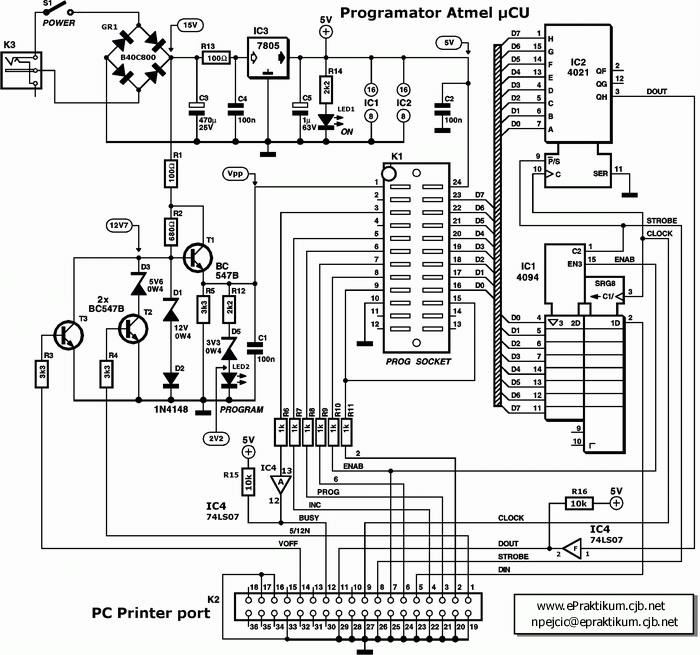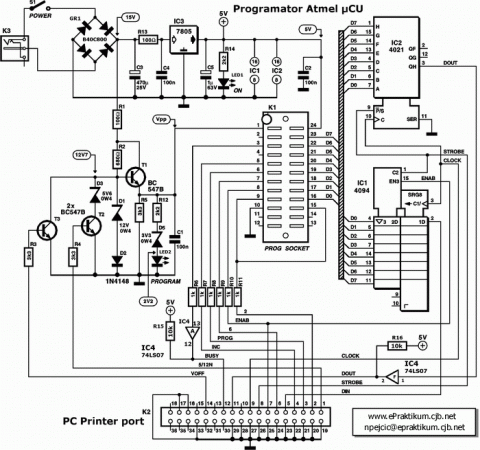ATXMega Primer

The XMega series is a powerful addition to the existing arsenal of Atmel’s AVR-core micros. As much as I have personally studied about it so far and felt, the XMega series incorporates many features of conventional 32-bit ARM micros like alternate I/O pin mapping functionalities, sophisticated clock options and data buses, multiple communication platforms that have several uses, variety of capture-PWM options, 12-bit ADCs and DACs, DMA controller, USB hardware, etc. with the good old AVR core. Thus you get one hell of an 8/16 bit MCU that can fulfil your wildest micro desires. In terms of unit cost, resources and user flexibilities this family of micro can beat any present day micro in most of the scenarios. Unlike other manufacturers who design chips as to fit specific applications, there’s no limit for XMega series. It is one controller with unlimited possibilities that can fit into any application. Indeed it is a true Atmel slogan now:
“My microcontroller can beat the hell out of your microcontroller.”
There are several things that are should be known. XMega is still a relatively new breed of micro. There’s literally nothing similar to it in the market no matter which manufacturer you can name. As I said Atmel added literally everything that can be imagined. Initial XMega devices had several hardware flaws and were unstable. They had problems related to power and operational stability. However these shortcomings are no longer there as they were. Atmel dramatically improved this new line of devices and are yet doing a lot of R&D on it. The older successful AVR Mega series micros are not as same as XMegas and so what can be applied to Mega AVR can’t be applied for the XMegas. There are significant differences both in terms of hardware and software but still there are similarities.
Read more

